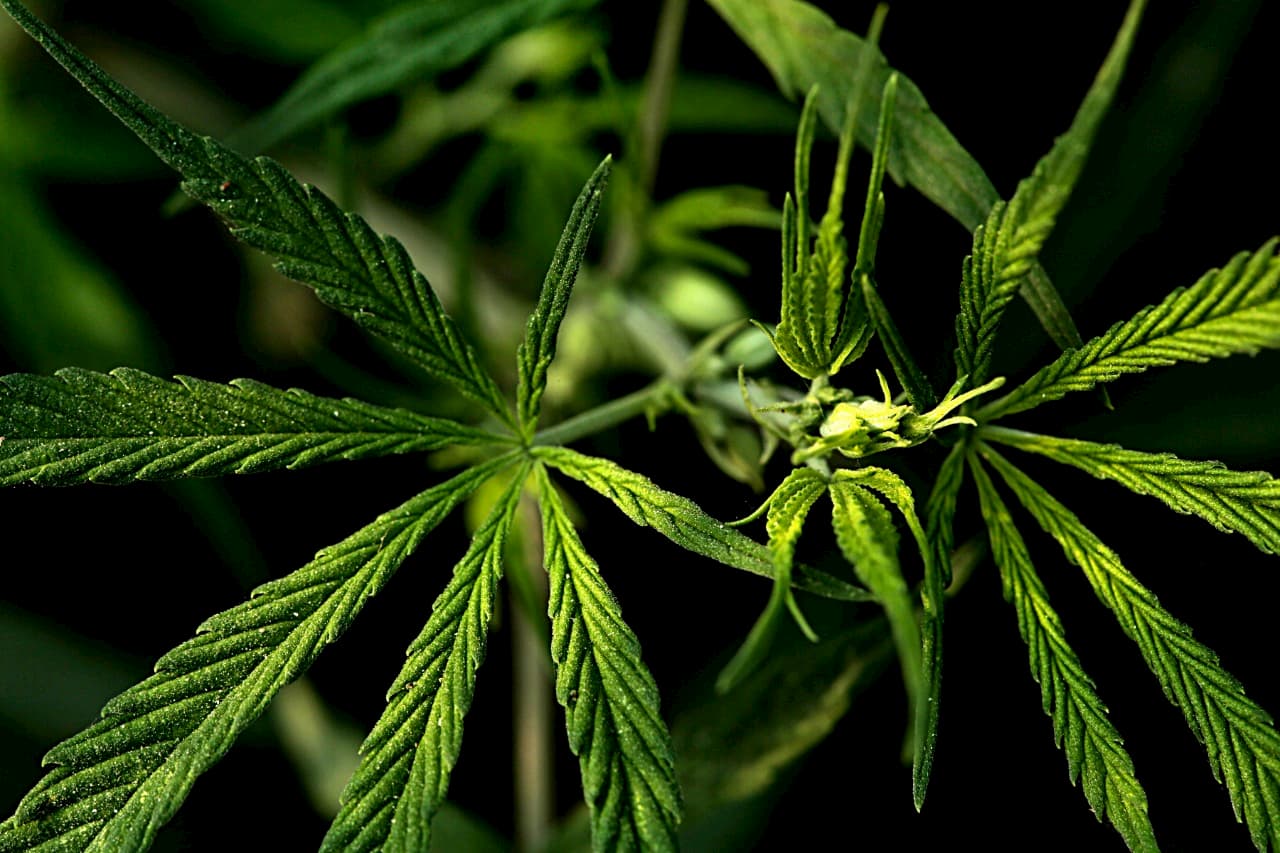The dictionary defines “metabolite” as any substance produced by or involved with metabolism. For purposes of the DUI laws, it involves primarily the presence of one or another form of tetrahydrocannabinol (THC) in a person’s body, as shown by a blood, saliva or urine test. Reading the statute in a vacuum, you’d conclude that under the statute, the presence of THC would automatically signal a violation of the DUI statute. In fact, the Arizona Supreme Court has significantly limited that portion of the law.
There are problems convicting a person of DUI based solely on the presence of a metabolite of marijuana in their body. First, some metabolites do not have the capacity to cause impairment. Second, some metabolites remain in the body for weeks, and even months, long after the possibility of impairment has passed. And since thousands of people use marijuana legally under the Medical Marijuana Act, a literal interpretation of the law would mean that those people (as wells as anyone else who uses marijuana) are effectively prohibited from driving a motor vehicle.
The interpretation of the “metabolite” provision of A.R.S. 28-1381 reached the Supreme Court of Arizona in 2014. The court held that the mere presence of a metabolite of marijuana, absent evidence of impairment, is insufficient to sustain a DUI charge. As a result, the issue in a marijuana DUI case becomes one of impairment. And the question is what that term means.
Generally speaking, in a most DUIs, the State must prove your guilt, beyond a reasonable doubt. However, in a driving while high case, the burden of proof often shifts to the criminal defendant.
Those accused of driving while high that have a medical marijuana card (AMMA Card) often carry the burden of proof. If the State alleges that you are operating a motor vehicle while impaired by marijuana they must prove that the active THC impaired your ability to drive to “at least the slightest degree.” However, when the State alleges a violation of ARS 28-1381A3, in a marijuana case, the defendant has the burden of proving that the THC was “in a concentration insufficient to cause impairment.” This additional requirement demands the assistance of an experienced marijuana DUI lawyer.
After the Harris case, it became clear that to convict someone of driving while high, the prosecutor must provide evidence that the person was under the influence of marijuana, and that he or she was impaired. Typically, the evidence (other than the results of a chemical test) will come from the testimony of a police officer. The officer may say that your eyes were bloodshot, that you were unable to follow a light with your eyes, that you did not follow instructions, that your coordination was poor, or one of many other observations.

Most police officers, however, have little or no expertise in evaluating whether a person is impaired by marijuana, or any other drug for that matter. Even those who claim to be Drug Recognition Experts (DRE) often have little training in the area. A Phoenix marijuana DUI lawyer with experience defending those charged after driving while high, can often lessen the impact of such testimony, either through cross-examination or by countering with an expert for the defense.
At Feldman & Royle, we understand what needs to be done, and have significant experience representing those have been charged with DUI after driving while high. Contact us to schedule a free consultation.
If you were charged with driving while high, do not assume that your fate is sealed. Doing nothing or pleading guilty on your own is a mistake. While you may believe a conviction is a foregone conclusion, you could well be wrong. Indeed, without having your case reviewed by an experienced defense lawyer, you may be missing possible defenses to and holes in the prosecution’s case.
At Feldman & Royle, we understand what needs to be done, and we will fight to make sure your rights are protected. Contact us to schedule a free consultation.

No tags assigned to this post.